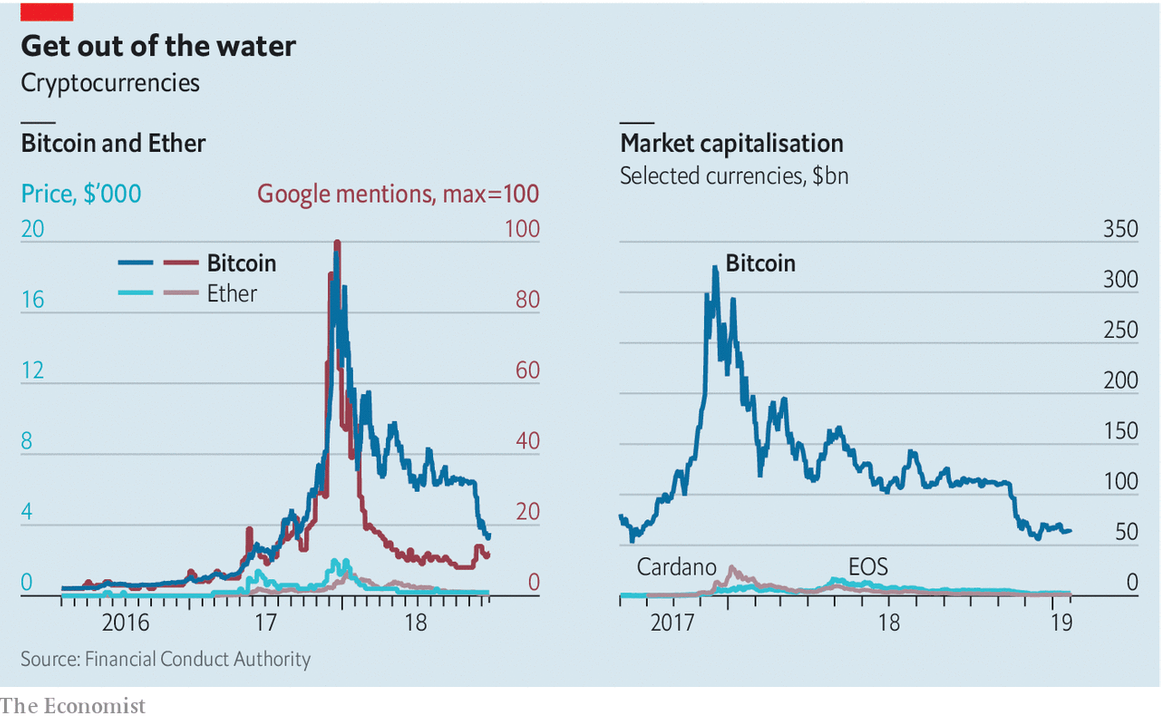Bitcoin derivatives come under FCA scrutiny; plans for blanket ban for consumer protection

UPDATE: The World Federation of Exchanges [WFE] has pleaded U.K’s FCA to not ban cryptocurrency derivatives. The federation includes esteemed members like CME Group, Nasdaq and Intercontinental Exchange [ICE], stating that the FCA needs to find the right balance “between enabling innovative products to be traded in the UK, and ensuring that they are sold responsibly, by fully regulated providers.”
The CEO of WFE, Nandini Sukumar, added,
“Market infrastructures that adhere to strict regulatory requirements, embed consumer protection as part of their mandate and understand that integrity is fundamental to well-functioning markets, are best placed to deliver these products and support the developing marketplace. We ask that authorities, including the FCA, chart the right regulatory course to allow the market to flourish and benefit its consumers even as we understand that it’s a balancing act.”
Bitcoin’s price nosedived on 24 September by over 14% within a few hours, pulling down the value of the coin to $8,378.01. September saw another massive fall in Bitcoin’s price, an instance where the price of the coin plunged to as low as $7,813.39. However, the coin soon managed to recover and was valued at $8,150, at press time. As the price of Bitcoin fell, a panic took over the market as $643 million worth Bitcoin derivatives contracts were liquidated on BitMEX.
The derivatives products included options and futures, both of which have gained popularity in crypto-trading circles. According to research undertaken by Chainalysis, over $23 billion have been traded in 2019. Owing to such slumps, many countries are taking actions against cryptos. Japan for example, has been considering stringent registration requirements, while Hong Kong has discouraged retail investors from accessing crypto-funds. In the latest development, the Financial Conduct Authority [FCA], a British regulatory watchdog, has been pursuing a blanket ban on selling crypto-derivatives to retail investors, according to reports.
The decision follows the knowledge of importers buying derivatives to save themselves against slumps in their local currencies. Even though cryptos have not acquired the title of currencies yet and have limited use cases, peddlers of derivatives cannot claim their wares are needed for hedging purposes. Thus, most derivatives are marketed as investment products. The volatile nature of the crypto-market does not assure growing prices and with a strong correlation across cryptos, the demand may not always stem from usage, but hype.
According to the Economist, Google searches are a proxy, as highlighted in the chart below.

Source: Economist
The report read,
“Thin trading means that prices differ widely between crypto-exchanges, making them a poor reference for derivative contracts. Illiquidity also amplifies swings: bitcoin is four times more volatile than risky physical commodities.”
The FCA believes that crypto newbies fail to understand this and this ignorance has cost a total loss of $492 million on crypto-derivatives from 2017 to the end of 2018. Two other factors that contributed to heavy losses were leverage and high trading costs, and a blanket ban can reduce losses by up to £234m a year. However, many disagree with this thought process.
Jacqui Hatfield of Orrick, a law firm, called it a knee-jerk reaction and said,
“Crypto-derivatives are just as risky as other derivatives.”
The ban could push users to unregulated cryptocurrencies and according to Danny Masters of CoinShares, regulators should not be deciding which technology may thrive or fail. However, it is the FCA’s duty to safeguard consumers and with the crime rate associated with cryptocurrencies refusing to abate, this role is becoming more and more important.






